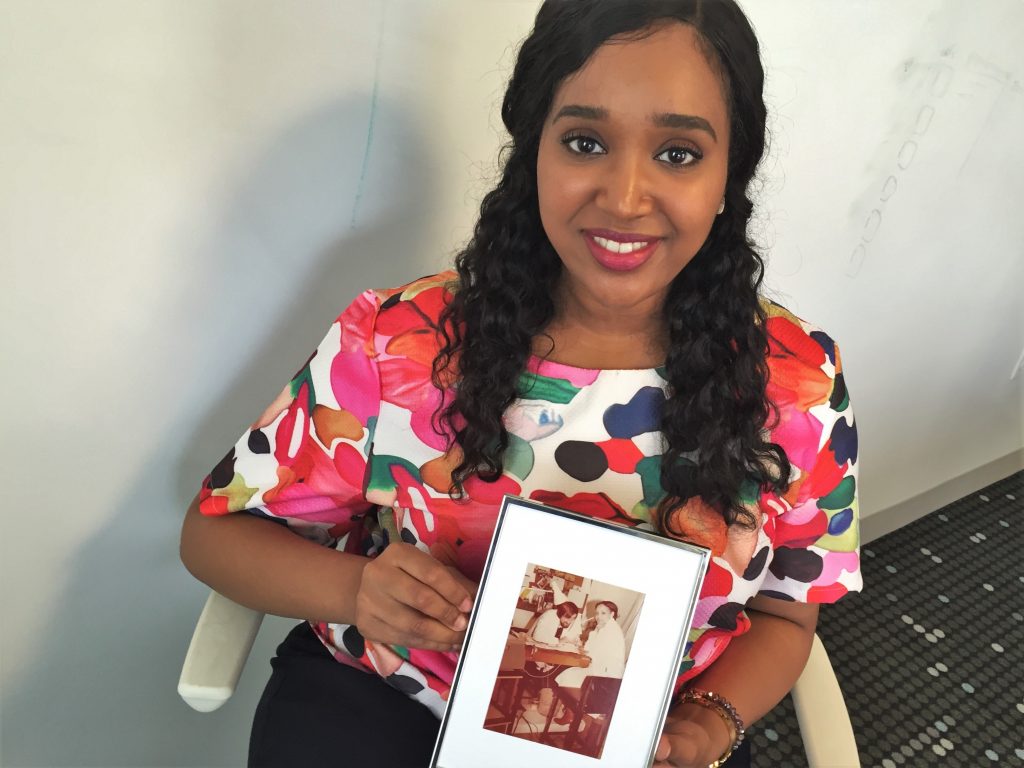Lafayette Engineering Welcomes Aseel Bala
 By Bryan Hay
By Bryan Hay
Aseel Bala joined Lafayette’s engineering division this semester, bringing her critical research of thermodynamic modeling to the chemical engineering department and her embrace of peer learning to the classroom.
“I’ve been working a lot on thermodynamic modeling, specifically improving the modeling of interactions between molecules. These interactions often make it difficult to predict the behavior of chemical systems,” says Bala, assistant professor of chemical engineering. “I’ve been focusing on hydrogen bonding because it’s very prevalent in the chemical industry, so anywhere there is water, organic acids, and alcohols there’s going to be hydrogen bonding.”
The reason why all this is important is when the thermodynamic modeling part of a process design is weak, it leads to increased development time and costs, “which in the chemical industry is huge,” says Bala, who received her doctorate in chemical engineering from Michigan State University and her undergraduate degree from Sultan Qaboos University.
“The fun part and the complicated part is that this is everywhere, from biofuel processing to polymers and plastics and even drug design,” she says. “Hydrogen bonding happens at the microscopic level. It’s everywhere and in everything—that’s the exciting part but also what makes it complicated.”
Bala says she was drawn to Lafayette by its welcoming, tight-knit community.
“For somebody who came from a bigger school and who did their undergrad in a big school, it was interesting for me to see the interaction between faculty and students in the hallways,” she says. “They knew each other so well, the faculty knew the names of their students, which to me is unheard of. Also for engineering to be in a liberal arts setting is incredibly rare.”